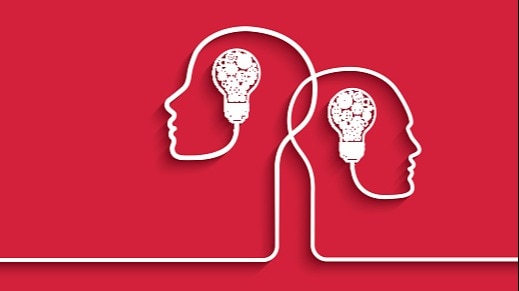
FIVE WAYS TO STIMULATE THE BRAIN AND PREVENT EARLY DISORDERS
The human brain is an intricate organ. The brain changes as we age and so our mental function. One of the most dreadful consequences of ageing is the fact how quickly our brain begins to deteriorate in memory, thinking and decision-making if we don't take proper care.
Maintaining the brain's health is crucial for preventing cognitive decline and early onset of neurological disorders.
Recent studies and experts have suggested several methods to stimulate the brain, keep the mind sharp and support its well-being.
Engage in Mental Challenges
Research has shown that mental stimulation is key to keeping the brain engaged and healthy.
Activities such as solving puzzles, playing strategic games like chess, and indulging in regular reading can enhance cognitive function.
A study from the National Institute on Ageing revealed that being curious and challenging your mind with new information or complex problems can significantly benefit brain health.
Joining a book club or engaging in social activities that involve mental exertion can also contribute to this effect.
Regular Physical Exercise
Exercise isn't just good for the body, it's also vital for the brain. Researchers from the University of Georgia found that regular physical activity increases blood flow to the brain, which can help prevent cognitive decline and disorders such as dementia.
Whether it's brisk walking, swimming or yoga, incorporating a routine of physical exercise into your daily life can stimulate brain function and improve overall mental health.
Healthy Diet and Weight Management
A balanced diet rich in nutrients supports brain health and can reduce the risk of chronic diseases like diabetes, which is linked to cognitive decline.
Research from Harvard University has shown that diets high in fruits, vegetables, fish, and whole grains can protect against brain disorders.
Maintaining a healthy weight is crucial, as obesity is associated with a higher risk of developing conditions like Alzheimer's disease.
Adequate Sleep and Stress Management
Sleep is essential for cognitive processes, and lack of it can impair memory and learning. Managing stress through mindfulness, meditation, and therapy can also protect the brain from the harmful effects of chronic stress.
Social Engagement
Building and maintaining social networks can be a powerful stimulant for the brain. A study by the University of Michigan highlighted the role of social interaction in keeping the mind active and reducing the risk of cognitive disorders.
Engaging in community activities, volunteering, or simply spending time with friends and family can provide social stimulation to keep the brain healthy.
2024-01-25T12:43:32Z dg43tfdfdgfd